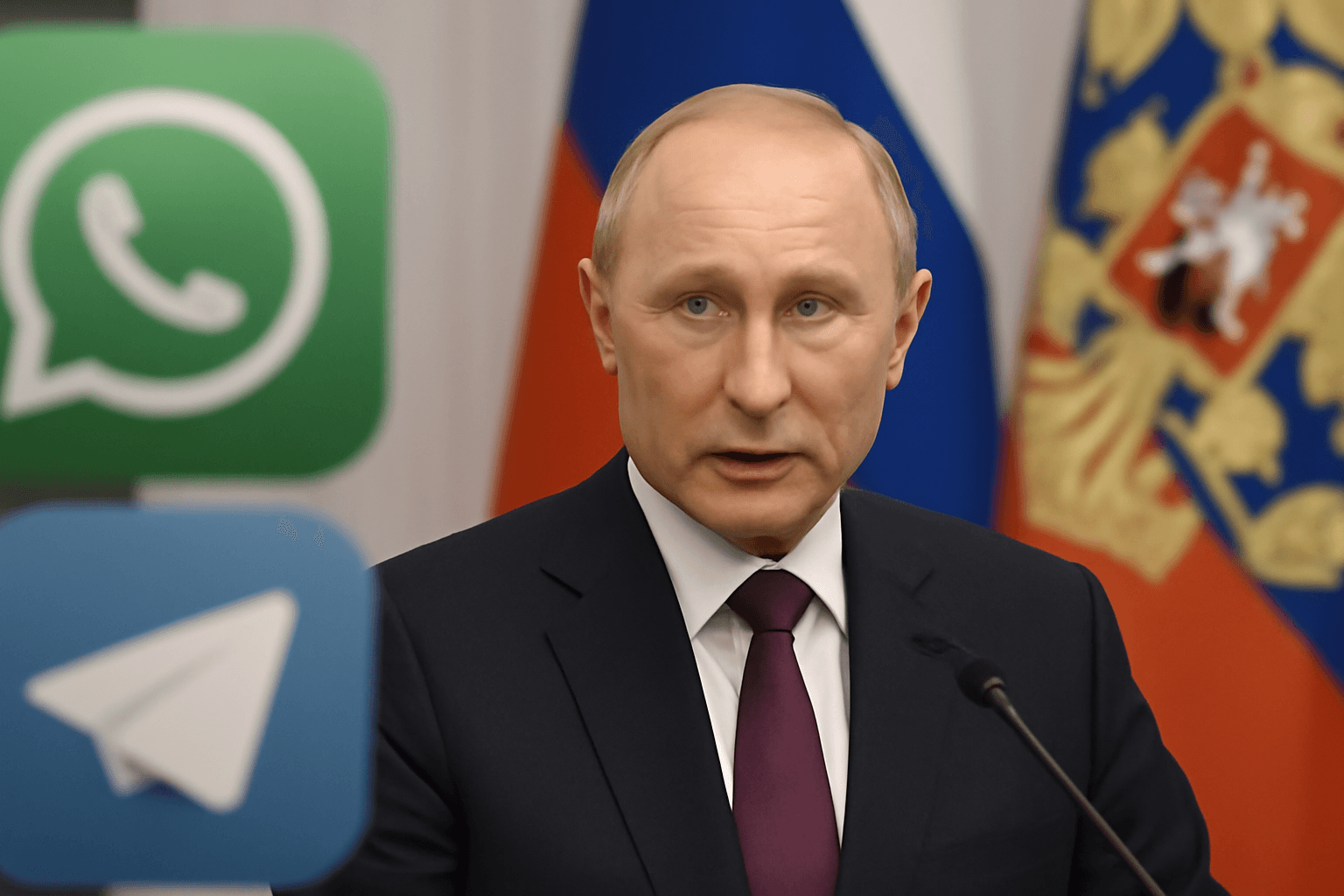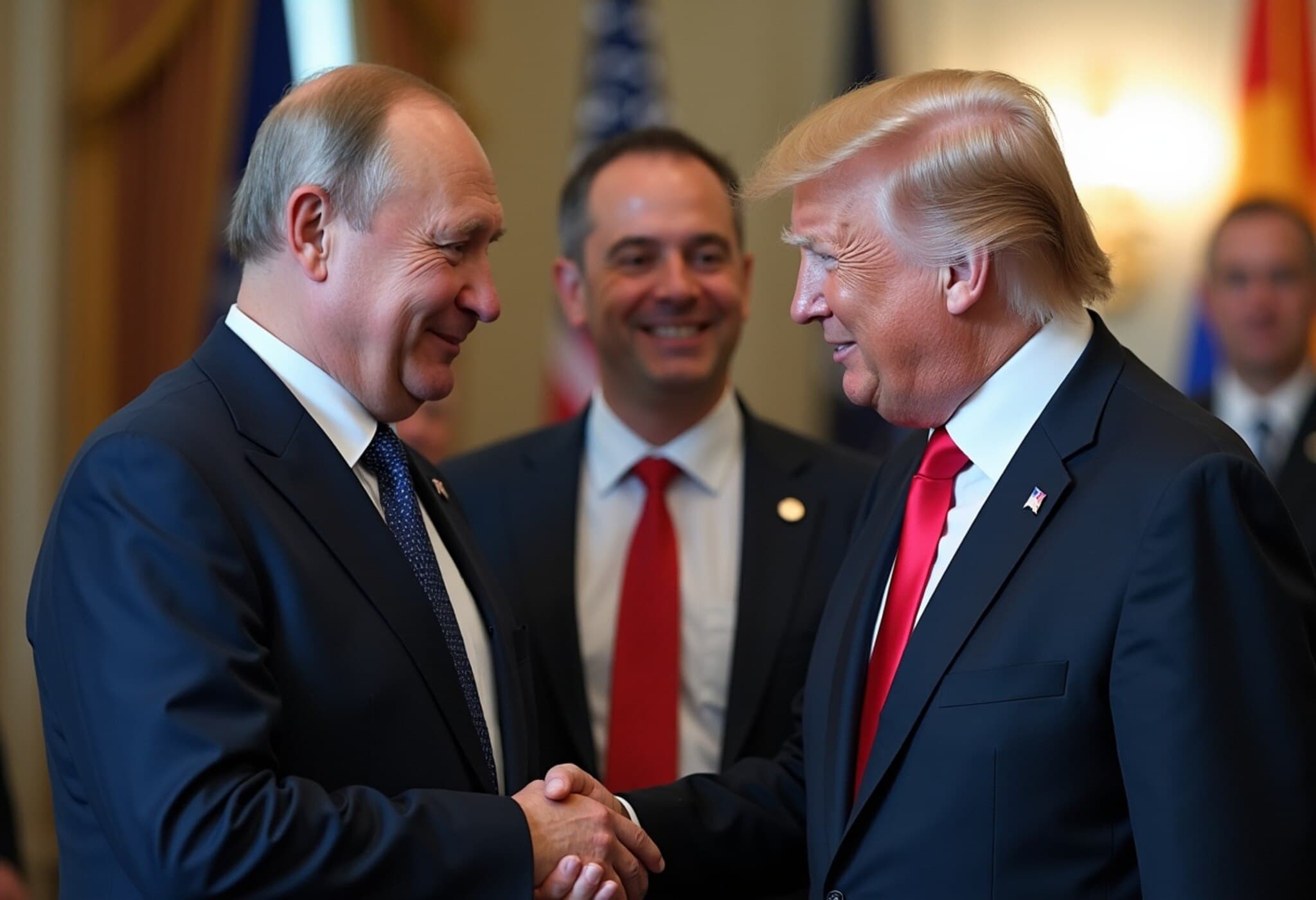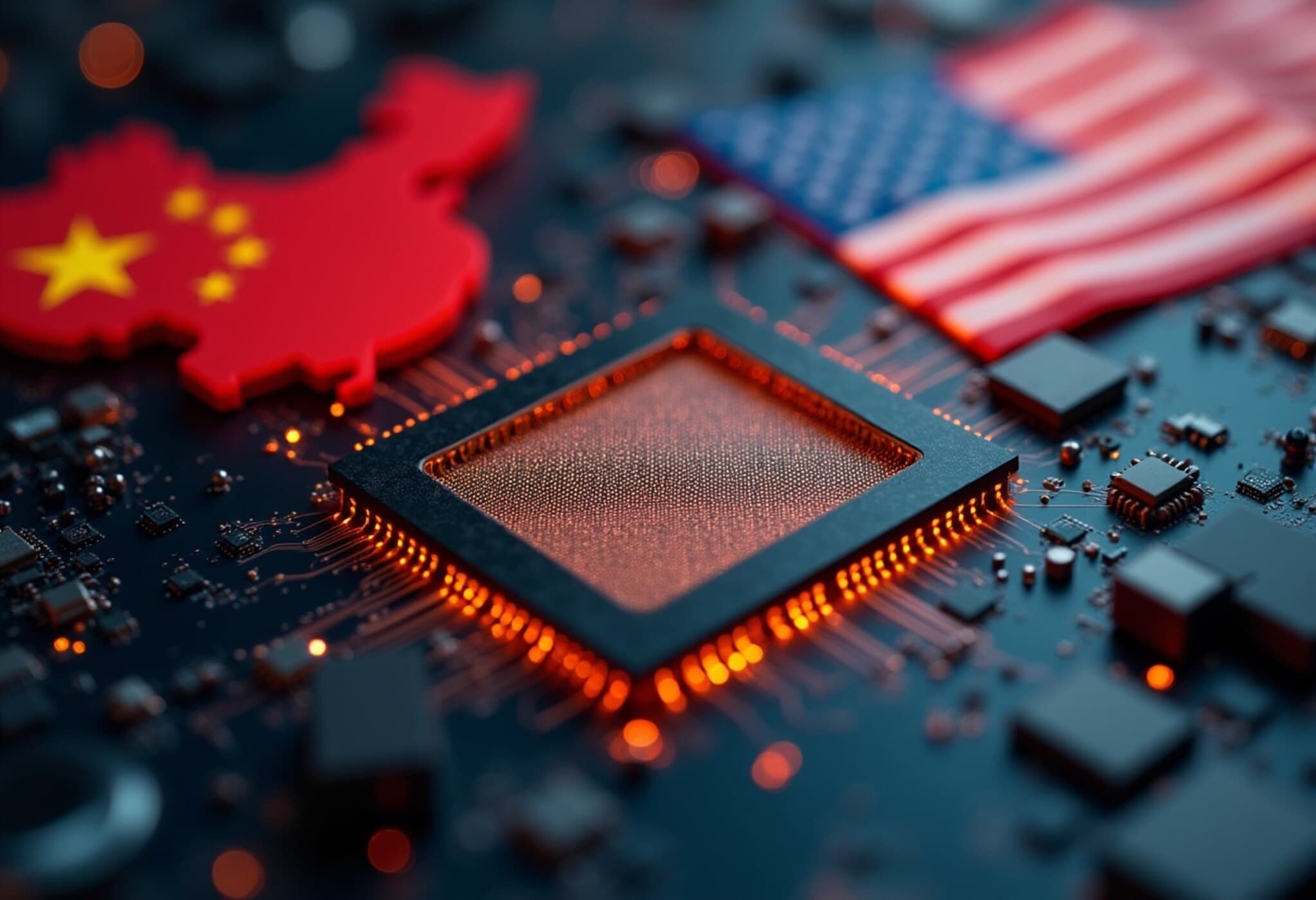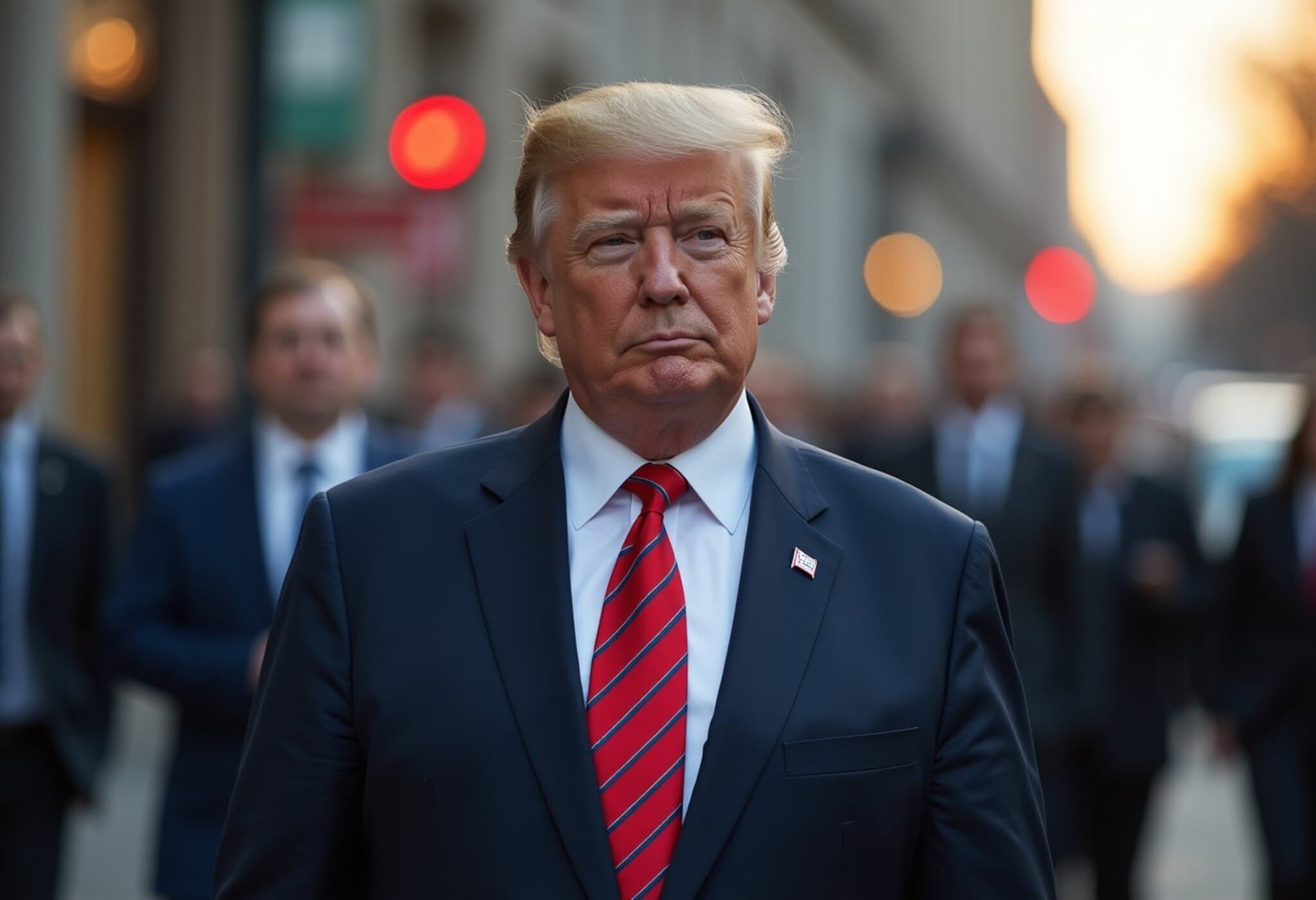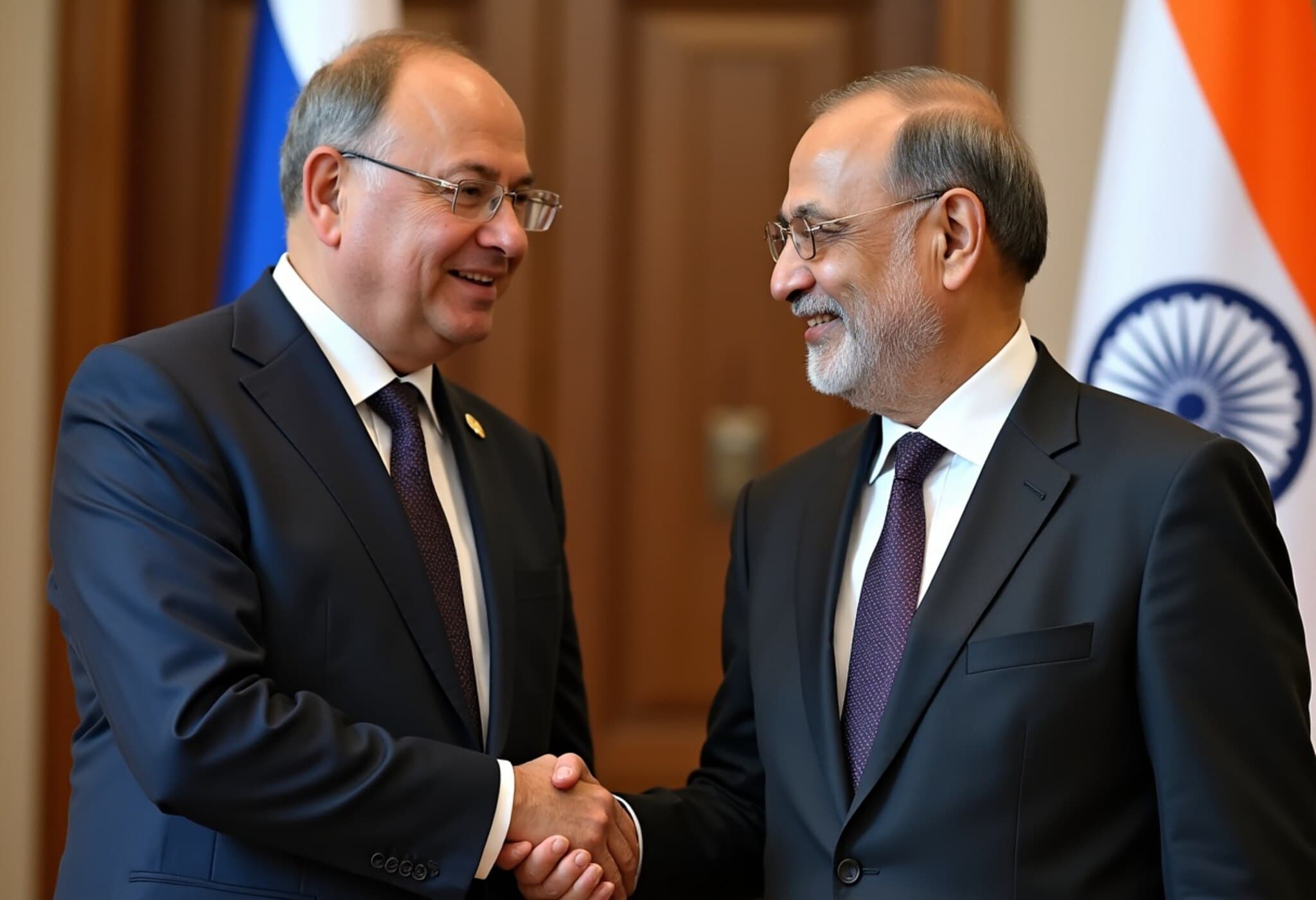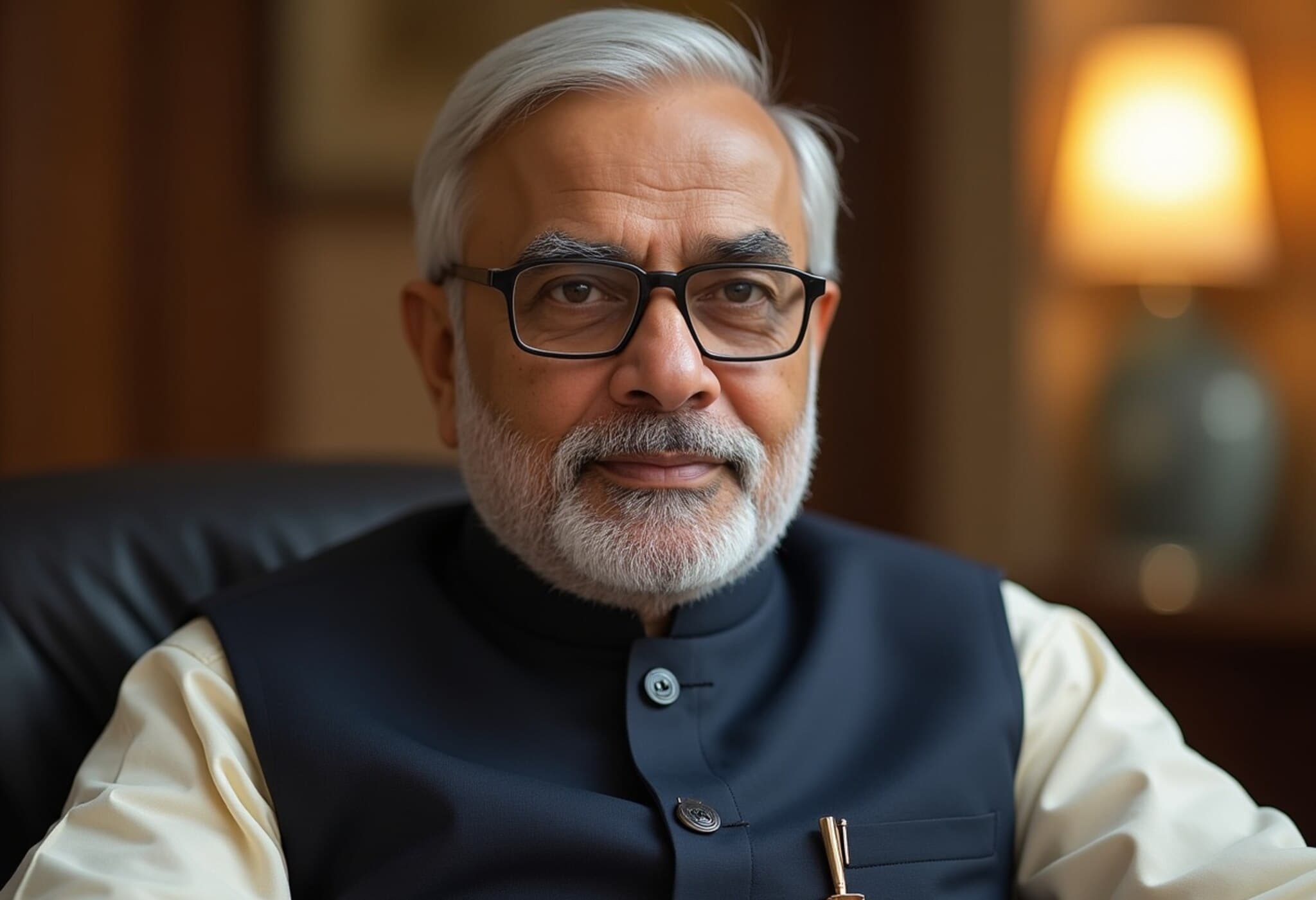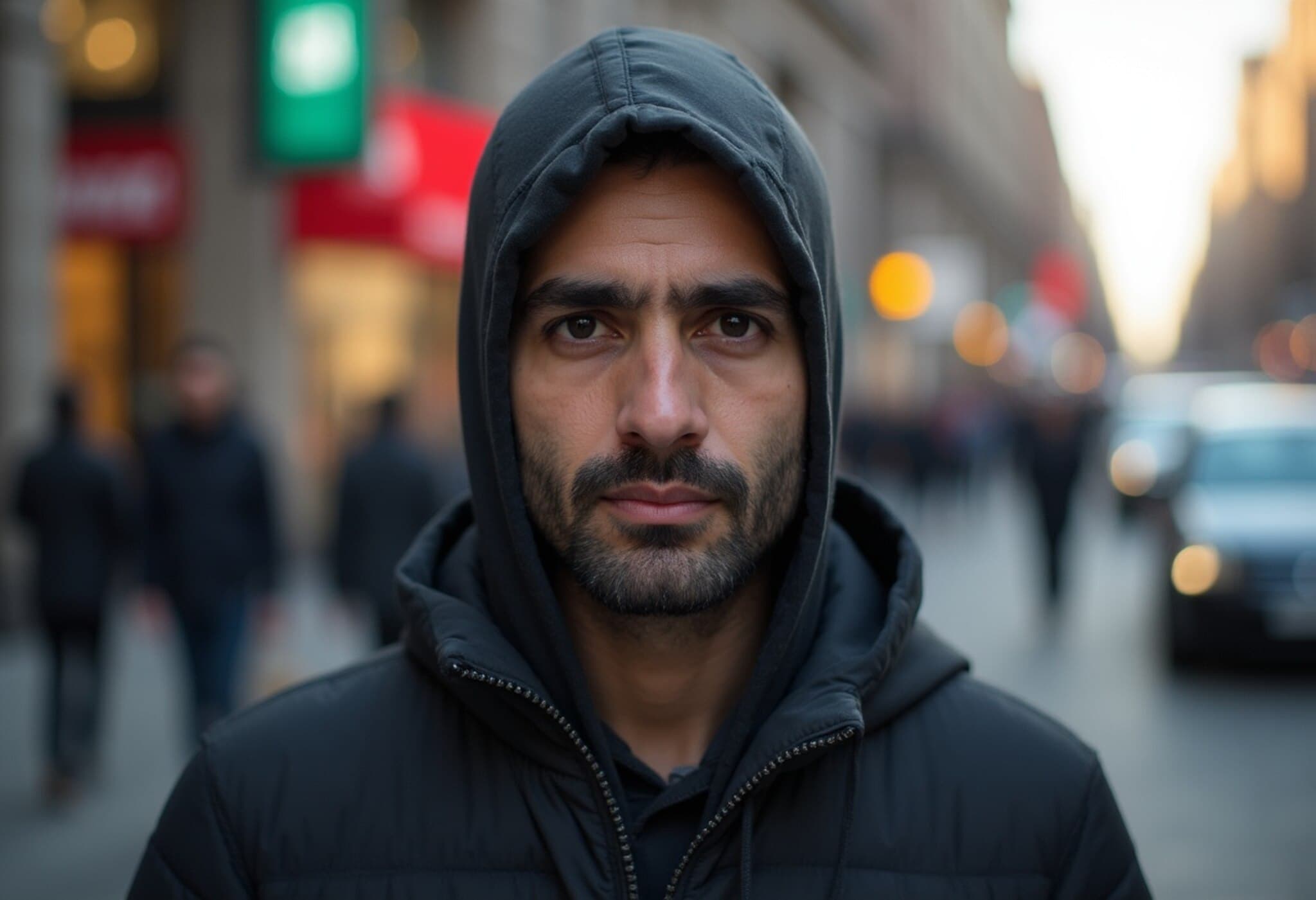Russia Enforces Mandatory Installation of State Messaging App on Smartphones
In a decisive move that signals further tightening of digital controls, the Russian government will require all new smartphones sold in the country to have a pre-installed messaging application called MAX starting next month. This step is broadly perceived as part of President Vladimir Putin’s ongoing strategy to intensify state oversight over internet communication and digital freedoms.
The Kremlin’s Growing Digital Grip
The mandate aligns with a series of recently enacted laws aimed at consolidating the Kremlin’s influence over the digital landscape. According to official directives, all Russian governmental devices must switch to MAX by September 1, 2025. Analysts view this roll-out as a continuation of efforts to minimize use of popular Western platforms such as WhatsApp—already under scrutiny—and to reinforce surveillance capabilities across the country.
Besides restricting access to foreign social media, Russia’s network throttling measures against YouTube, combined with bans or heavy limitations on Twitter, Facebook, and TikTok, reveal an ecosystem increasingly shaped to mirror state-controlled models like China’s. This transformation appears tightly intertwined with the Kremlin’s concerns over political dissent and information flows surrounding the conflict in Ukraine.
A Shift From Relative Openness to Censorship
For over a decade, despite authoritarian governance, Russia’s internet remained one of the few platforms permitting some degree of free expression, fostering online activism, public discourse, and exposure of corruption. Platforms such as YouTube and Instagram played pivotal roles in mobilizing protests, notably during the 2011 anti-government demonstrations.
However, following Russia’s invasion of Ukraine in 2022, digital freedoms rapidly deteriorated. The government blocked major Western platforms and implemented harsh legislation criminalizing dissent both offline and online. Opposition figures like Alexei Navalny—who effectively used YouTube to challenge official narratives—became targets of severe persecution, culminating in his imprisonment and tragic death.
What Does This Mean for Russian Citizens and the Global Digital Order?
- Digital Surveillance Intensifies: The mandatory MAX app potentially expands state surveillance by embedding government-controlled communication tools into everyday devices.
- Online Isolation: Reduced access to global platforms narrows the flow of information, limiting Russians’ exposure to diverse viewpoints.
- Precedent for Other Nations: Russia’s approach may signal a blueprint for authoritarian regimes seeking to replicate digital censorship under the guise of national security.
Experts warn that this digital consolidation could further erode human rights and freedom of expression inside Russia, while raising concerns in the international community about the broader impact on internet openness and cross-border communication.
Expert Insight
Dr. Elena Morozova, a cybersecurity and digital rights analyst based in Moscow, notes, "The mandatory pre-installation of MAX represents more than a technological update; it’s a calculated step to pre-emptively control narratives and restrict unmonitored communication channels. This will likely compel ordinary citizens to navigate a much narrower, surveilled digital environment, reducing their capacity for private and independent dialogue."
Looking Ahead: Balancing National Security and Digital Freedom
While governments worldwide cite security concerns to justify increased digital oversight, Russia’s case spotlights the stark consequences when state control suppresses democratic engagement and transparency. The unfolding scenario invites vital questions:
- How will Russian citizens adapt or resist in this increasingly censored online space?
- Can international diplomacy and digital rights advocacy influence Russia’s hardline internet policies?
- Will the global community establish stronger frameworks to protect open internet principles in authoritarian contexts?
As Moscow presses ahead with MAX, the world watches closely — a reminder that the digital realm remains a crucial frontier in the struggle over rights, power, and information in the 21st century.
Editor’s Note
This decisive mandate to embed a state-controlled messaging app on all smartphones underscores the broader erosion of digital freedoms in Russia. Beyond a technological shift, it symbolizes tightening governmental control over citizens’ communication and the internet’s role as a public sphere. Readers are encouraged to consider the long-term sociopolitical impacts of such policies, the risks posed to dissent and privacy, and what lessons global societies might draw from Russia's experience in safeguarding an open and free internet.


